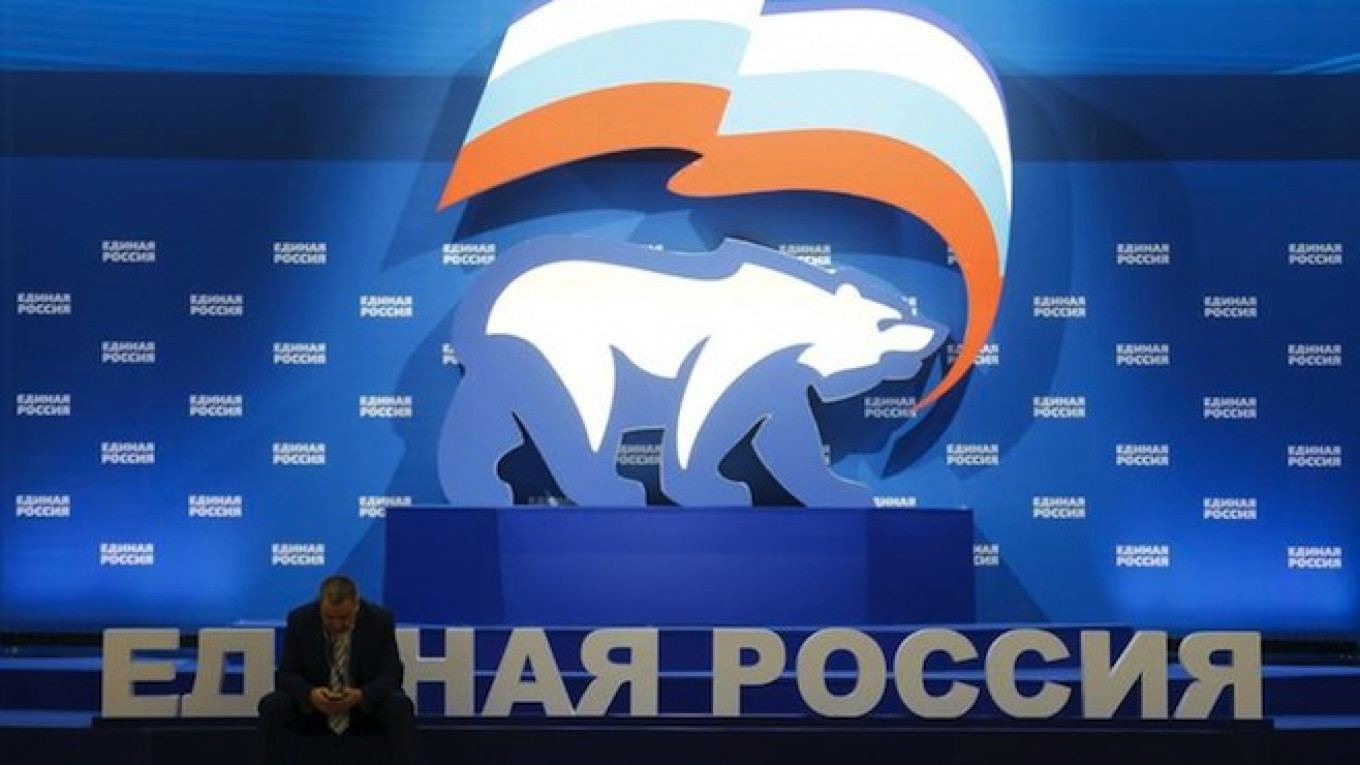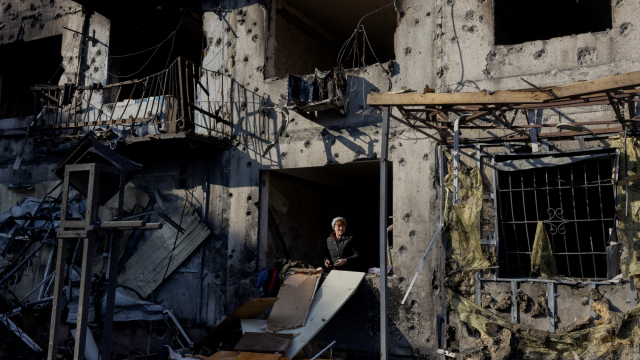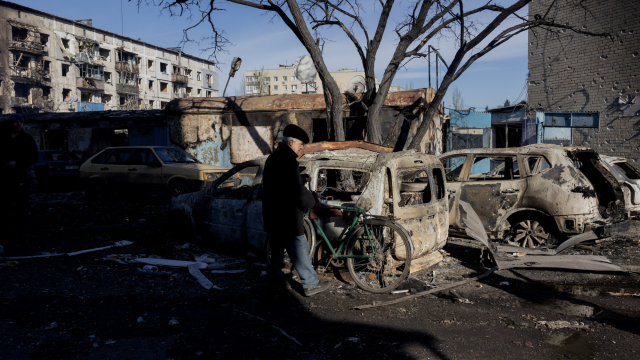Merry-go-round voting is a specific Russian voting practice. It works like this: the voter goes to the voting booth with a ballot already marked in favor of a specific parliamentary candidate. At the booth he gets an empty ballot, puts the already-marked ballot into the ballot box and exits, giving his unused empty ballot to a supervisor. The supervisor marks it, gives to the next voter, and he goes for his turn to “vote.” And so on.
This trick has been used in Russia's parliamentary elections for years. On May 22, it was seen during the first national primaries held by the ruling United Russia party. The Kremlin adopted primaries a few years ago, but this was the first time that not only party members but anybody with the right to vote could take part.
The Russian parliamentary system is under the strict control of the Kremlin. The United Russia party is regarded as the Kremlin’s direct extension in the State Duma, providing President Vladimir Putin with a parliamentary majority.
In December 2011, massive vote rigging took place in Moscow and other cities which provided United Russia with a majority in the Duma despite a lackluster performance. This consequently led to Bolotnaya Ploshchad protests and popular unrest.
Since then, changes have been adopted to avoid direct rigging and consequent protests. National primaries for United Russia were declared to be one of them.
The initial idea of primaries was to make the candidates of the ruling party compete with each other for the final place in the ballot.
However, experts believe that this did not produce the desired results.
“It worked as a PR story for the Kremlin,” says political analyst Alexander Kynev. “Primaries de facto helped United Russia and the Kremlin to start their campaign before anyone else did. Other declared goals have not been achieved.”
A total of 9.5 percent of the population attended the primaries, according to United Russia officials. But attendance was highly dispersed, with some districts in Chechnya — known for its highly autocratic rule — showing more than 80 percent, and Moscow less than 1 percent.
There were reports of compulsory attendance for both state employees and private sector workers.
Leaders in the Russian regions often see the general election as an opportunity to send their lobbyists to Moscow as parliamentarians, so they try to control which candidates will run. That was the case this time, too, says political analyst Abbas Gallyamov. Candidates considered undesirable to the local leadership fell under huge pressure and withdrew from the race.
The substance of primaries was in fact purely imitative in most of the regions, according to Kynev, candidates were appealing for public support but already knew they would make it to the ballots.
“People again got the confirmation that nothing has changed in Russian politics: a boss calls for them and forces them to go vote and they watch the conflicting television reports afterwards,” Gallyamov says.
There were a few regions, though, where real competition took place, Kynev says, and it was there, unsurprisingly, that the most violations were detected.
There is no formal rule behind the concept of primaries, political analyst Mikhail Vinogradov points out, and the final decisions on who will be included in the ballots and will get a real chance to get into the Duma, will be made later at a United Russia convention.
United Russia’s ratings have been fluctuating at around 45-47 percent during recent months. No independent opposition party is able to get through the 5 percent barrier which is needed to get into the Duma, according to recent polls.
In previous elections, like in 2011, the Kremlin managers would stop at nothing to secure a majority in the Duma for United Russia, including direct rigging and fraud. Now, there is no need for that, as the system has been changed and half of the parliament members will be elected directly, rather than through party lists.
Most of them will join the United Russia faction or pro-Kremlin coalition, should it be formed. Analysts forecast there will be a handful of independent voices in the next parliament at best.
A Message from The Moscow Times:
Dear readers,
We are facing unprecedented challenges. Russia's Prosecutor General's Office has designated The Moscow Times as an "undesirable" organization, criminalizing our work and putting our staff at risk of prosecution. This follows our earlier unjust labeling as a "foreign agent."
These actions are direct attempts to silence independent journalism in Russia. The authorities claim our work "discredits the decisions of the Russian leadership." We see things differently: we strive to provide accurate, unbiased reporting on Russia.
We, the journalists of The Moscow Times, refuse to be silenced. But to continue our work, we need your help.
Your support, no matter how small, makes a world of difference. If you can, please support us monthly starting from just $2. It's quick to set up, and every contribution makes a significant impact.
By supporting The Moscow Times, you're defending open, independent journalism in the face of repression. Thank you for standing with us.
Remind me later.






